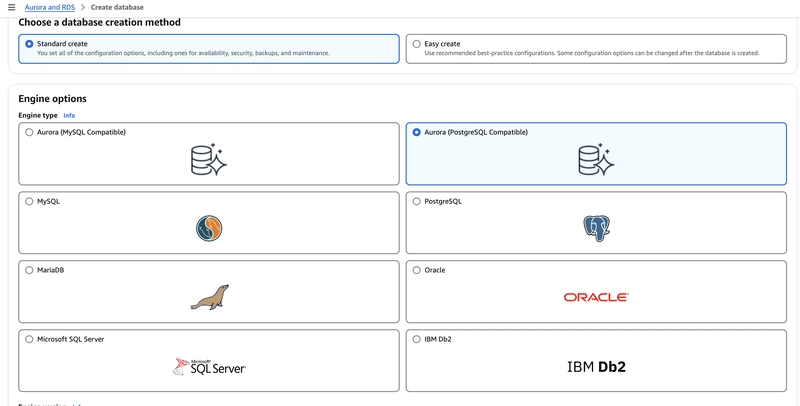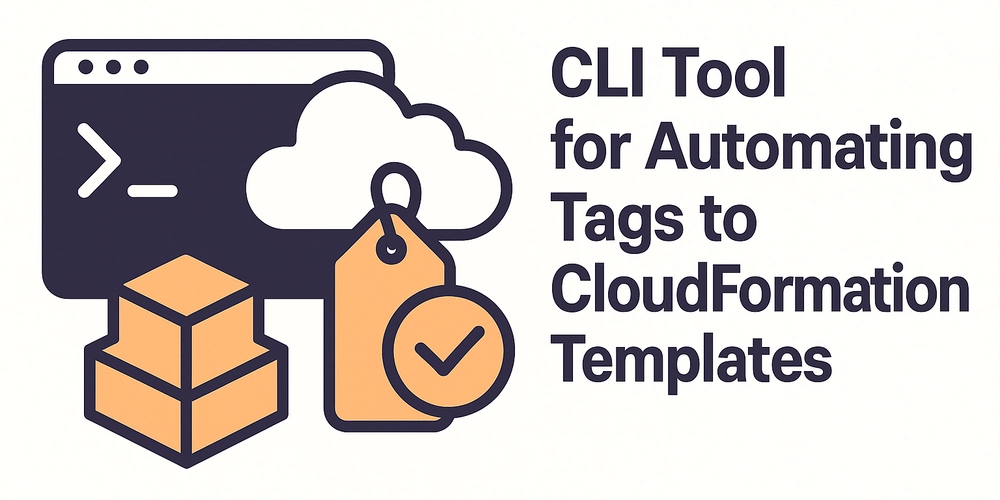The Dark Side of Building AI Agents on Poor Data Quality
AI agents are the rage these days. Everyone's racing to build these agents that can supposedly automate tasks we humans are too lazy to do. Great, except that these agents are being built entirely on the foundations of flawed data. Most dev teams are excluded from conversations around data quality, until it's too late. An AI agent is fundamentally a pattern-recognition machine, gobbling up every piece of data you feed it. Feed it garbage data, and it will throw out garbage outcomes with terrifying efficiency. Those nonsensical responses, flawed predictions, and apps that fail right after production are sometimes not coding glitches - they are a direct reflection of compromised data. Why it Matters to Think about Data When Building AI Agents? Let's cut through the hype for a second. Your AI agent isn't "thinking" - it's calculating probabilities based on the patterns it's been fed. When those patterns come from inconsistent, incomplete, or just plain wrong data, you're essentially building a Ferrari with sugar in its gas tank. I've seen teams spend months optimizing algorithms and fine-tuning models while completely ignoring the elephant in the room: their training data is fundamentally flawed. They'll chase performance improvements through clever code tweaks, when simply cleaning their data could deliver 10x the improvement. The math is simple: Bad Data In = Bad Predictions Out. No amount of algorithmic magic can overcome this fundamental truth. When building AI agents that operate across multiple data sources, prioritizing data quality becomes essential. Here's a real-world example: A financial services company built an agent to automate client portfolio recommendations. The system kept suggesting inappropriate investments because customer data in their CRM didn't properly match transaction data in their financial system. The same customer appeared as "J. Smith" in one system and "John A. Smith" in another. A problem like this can simply be solved using a no-code data matching tool , which could have prevented this $2 million mistake. At the heart of all AI agent building lies the critical need for consistent, reliable, high-quality data. Prioritizing Data Quality from Day One So how do we fix this? Here are some practical steps for developers building AI agents: Start with data assessment, not model selection Before you write a single line of code, audit your data sources. Understand their limitations, inconsistencies, and gaps. Don't just believe someone else is supposed to do this for you. If you're working on training an AI agent, you are responsible for ensuring the data is reliable and usable. Implement robust data clean & match processes You don't need much to clean and consolidate your data. There are now dozens of on-premises tools that you can use to clean, dedupe, and consolidate data within minutes. These tools don't need millions of dollars in investments and do not require extensive resources - but of course - if you have a data team, it's worth while to have a conversation with them about data management processes before attempting to clean the data yourself. Create data quality feedback loops Build monitoring systems that flag when your agent encounters data anomalies. Use these insights to continuously improve your data pipeline. Include domain experts in data preparation The people who work with the data daily often know its quirks better than anyone. Their insights are invaluable for identifying potential matching issues. Test with deliberately flawed data Stress-test your agents with messy data scenarios to understand their breaking points and failure modes. The Competitive Advantage of Clean Data Teams that master data quality don't just avoid failures - they gain a significant competitive advantage. While competitors struggle with erratic agent performance and mysterious edge cases, developers prioritizing data matching and quality deliver consistently reliable results. I recently consulted with a healthcare startup whose AI agent outperformed competitors with much larger development teams. Their secret? They hadn't built a more complex algorithm. They had simply invested heavily in data quality, particularly in matching patient records across disparate systems. Their sophisticated data-matching tools ensured every entity in their ecosystem was consistently represented, creating a foundation of trust that allowed their relatively simple models to work as it should. The Path Forward As we build increasingly autonomous AI agents, the stakes for data quality only get higher. An agent making thousands of decisions per second based on flawed data can create problems at a scale and speed we've never seen before. The solution isn't to slow down innovation, but to shift our focus. Let's stop treating data quality as an afterthought and start seeing it as the foundation of everything we build. Implement proper data matching processes. Invest i

AI agents are the rage these days. Everyone's racing to build these agents that can supposedly automate tasks we humans are too lazy to do.
Great, except that these agents are being built entirely on the foundations of flawed data.
Most dev teams are excluded from conversations around data quality, until it's too late. An AI agent is fundamentally a pattern-recognition machine, gobbling up every piece of data you feed it. Feed it garbage data, and it will throw out garbage outcomes with terrifying efficiency.
Those nonsensical responses, flawed predictions, and apps that fail right after production are sometimes not coding glitches - they are a direct reflection of compromised data.
Why it Matters to Think about Data When Building AI Agents?
Let's cut through the hype for a second. Your AI agent isn't "thinking" - it's calculating probabilities based on the patterns it's been fed. When those patterns come from inconsistent, incomplete, or just plain wrong data, you're essentially building a Ferrari with sugar in its gas tank.
I've seen teams spend months optimizing algorithms and fine-tuning models while completely ignoring the elephant in the room: their training data is fundamentally flawed. They'll chase performance improvements through clever code tweaks, when simply cleaning their data could deliver 10x the improvement.
The math is simple:
Bad Data In = Bad Predictions Out. No amount of algorithmic magic can overcome this fundamental truth.
When building AI agents that operate across multiple data sources, prioritizing data quality becomes essential.
Here's a real-world example:
A financial services company built an agent to automate client portfolio recommendations. The system kept suggesting inappropriate investments because customer data in their CRM didn't properly match transaction data in their financial system. The same customer appeared as "J. Smith" in one system and "John A. Smith" in another. A problem like this can simply be solved using a no-code data matching tool , which could have prevented this $2 million mistake.
At the heart of all AI agent building lies the critical need for consistent, reliable, high-quality data.
Prioritizing Data Quality from Day One
So how do we fix this?
Here are some practical steps for developers building AI agents:
Start with data assessment, not model selection
Before you write a single line of code, audit your data sources. Understand their limitations, inconsistencies, and gaps. Don't just believe someone else is supposed to do this for you. If you're working on training an AI agent, you are responsible for ensuring the data is reliable and usable.
Implement robust data clean & match processes
You don't need much to clean and consolidate your data. There are now dozens of on-premises tools that you can use to clean, dedupe, and consolidate data within minutes. These tools don't need millions of dollars in investments and do not require extensive resources - but of course - if you have a data team, it's worth while to have a conversation with them about data management processes before attempting to clean the data yourself.
Create data quality feedback loops
Build monitoring systems that flag when your agent encounters data anomalies. Use these insights to continuously improve your data pipeline.
Include domain experts in data preparation
The people who work with the data daily often know its quirks better than anyone. Their insights are invaluable for identifying potential matching issues.
Test with deliberately flawed data
Stress-test your agents with messy data scenarios to understand their breaking points and failure modes.
The Competitive Advantage of Clean Data
Teams that master data quality don't just avoid failures - they gain a significant competitive advantage. While competitors struggle with erratic agent performance and mysterious edge cases, developers prioritizing data matching and quality deliver consistently reliable results.
I recently consulted with a healthcare startup whose AI agent outperformed competitors with much larger development teams. Their secret? They hadn't built a more complex algorithm. They had simply invested heavily in data quality, particularly in matching patient records across disparate systems.
Their sophisticated data-matching tools ensured every entity in their ecosystem was consistently represented, creating a foundation of trust that allowed their relatively simple models to work as it should.
The Path Forward
As we build increasingly autonomous AI agents, the stakes for data quality only get higher. An agent making thousands of decisions per second based on flawed data can create problems at a scale and speed we've never seen before.
The solution isn't to slow down innovation, but to shift our focus. Let's stop treating data quality as an afterthought and start seeing it as the foundation of everything we build. Implement proper data matching processes.
Invest in tools that ensure consistency across your data ecosystem. Build with the understanding that no algorithm, no matter how clever, can overcome fundamentally flawed data.
The next generation of AI agents won't be distinguished by who has the most complex model architecture. The winners will be the teams who understood that in the world of AI, data quality isn't just important - it's quite literally the foundation.









































































































































































![[The AI Show Episode 142]: ChatGPT’s New Image Generator, Studio Ghibli Craze and Backlash, Gemini 2.5, OpenAI Academy, 4o Updates, Vibe Marketing & xAI Acquires X](https://www.marketingaiinstitute.com/hubfs/ep%20142%20cover.png)



























































































































![[FREE EBOOKS] The Kubernetes Bible, The Ultimate Linux Shell Scripting Guide & Four More Best Selling Titles](https://www.javacodegeeks.com/wp-content/uploads/2012/12/jcg-logo.jpg)



![From drop-out to software architect with Jason Lengstorf [Podcast #167]](https://cdn.hashnode.com/res/hashnode/image/upload/v1743796461357/f3d19cd7-e6f5-4d7c-8bfc-eb974bc8da68.png?#)






































































































.png?#)




.jpg?#)
































_Christophe_Coat_Alamy.jpg?#)








































































































![Rapidus in Talks With Apple as It Accelerates Toward 2nm Chip Production [Report]](https://www.iclarified.com/images/news/96937/96937/96937-640.jpg)








































































































































